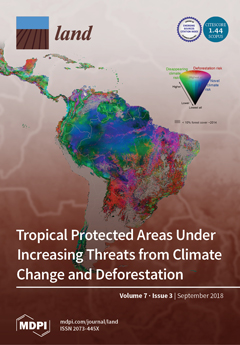Suggestions for agricultural planning in developing countries, particularly in Africa
Another basic feature of agricultural planning is the Organization of an agricultural statistical service with the help of the local authorities. Thus it is necessary to organize not only the collection of statistical data regarding crops, but also to make periodical inventories of the types of soil available, the crops for which they can be used, of water and meteorological data, of data on products, income, employment, coefficients of capital, labour productivity, price indices, income and price elasticities of demand, costs, internal and external markets.


